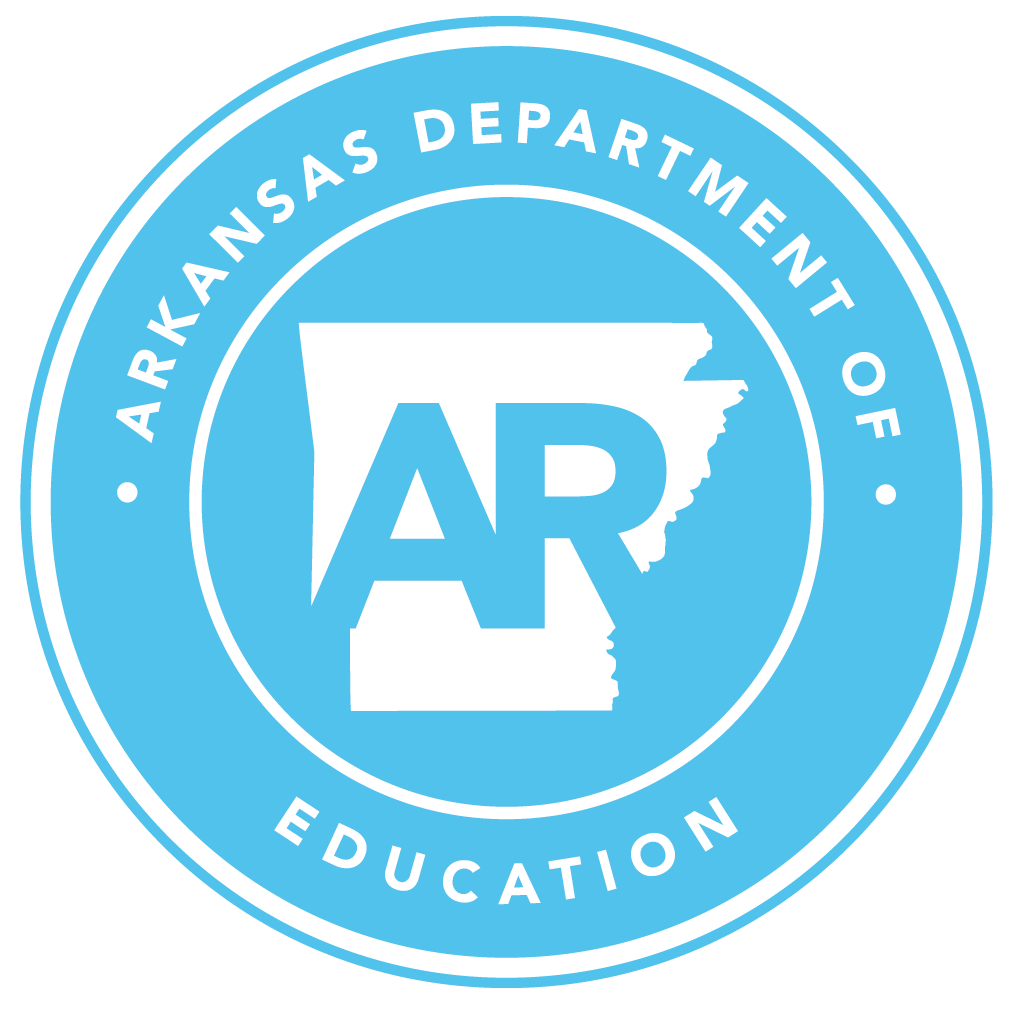The Arkansas Department of Education (ADE) today announced updates to the School Readiness Assistance (SRA) and copayment structure, effective October 1, 2025, to prioritize access for working families and manage program demand responsibly. Funded through the federal Child Care Development Block Grant (CCDBG), SRA helps eligible families afford quality child care while parents work or attend school. The updated structure aligns provider reimbursement rates with Arkansas’ market rate survey so payments reflect current costs of care, and adjusts the sliding-scale copay based on family income. Arkansas is also revising eligibility requirements to reflect the 2026 estimated family State Median Income, which will allow more working families at the lowest income levels to receive priority.
Demand for child care assistance continues to grow and remains strong. The SRA program currently serves over 16,000 children. The state established a waitlist in February 2025 so that seats can be offered as funding becomes available. There are 1,100 children currently on the waitlist.
Updated rates are intended to help reduce the waitlist and protect access for families already approved for SRA. Providers will be reimbursed at a single statewide market rate, with an exception for Benton and Washington counties which have a higher market rate. Families who are working or enrolled in school with income at or below the state poverty level will not pay a copayment for children before kindergarten, and families above the poverty level will pay a copay scaled to income and the age of the child. A family of three with a child under four and income below $30,334 qualifies for up to $35 per day in childcare assistance with no copay. If a family’s income is just under $64,459, they may have a required copay of up to $12 per day depending on the age of the child.
“Arkansas families rely on child care to work or complete their education, and providers need predictable funding to serve them well,” said Jacob Oliva, Arkansas Secretary of Education. “By aligning payments to current market costs, using a sliding-scale copay, and updated income requirements, we can prioritize the youngest children, and focus support where it is needed most.”
As part of a broader early childhood strategy, Arkansas is also refining its quality system to place greater emphasis on what families value most, the quality of care and the daily learning interactions children experience in child care settings. Quality supports and incentives will be tied more closely to observable teaching and caregiving practices, while base reimbursement remains aligned to market costs so seats stay available across the state. Local leads have been established in regions across the state, serving as central hubs for direct support and services offered to child care providers to support this transition.
Families who remain eligible will be reauthorized for benefits under the updated rates and copays. For information on eligibility and the application process, visit the Arkansas Department of Education website. To apply or manage benefits, visit the School Readiness Assistance Portal



